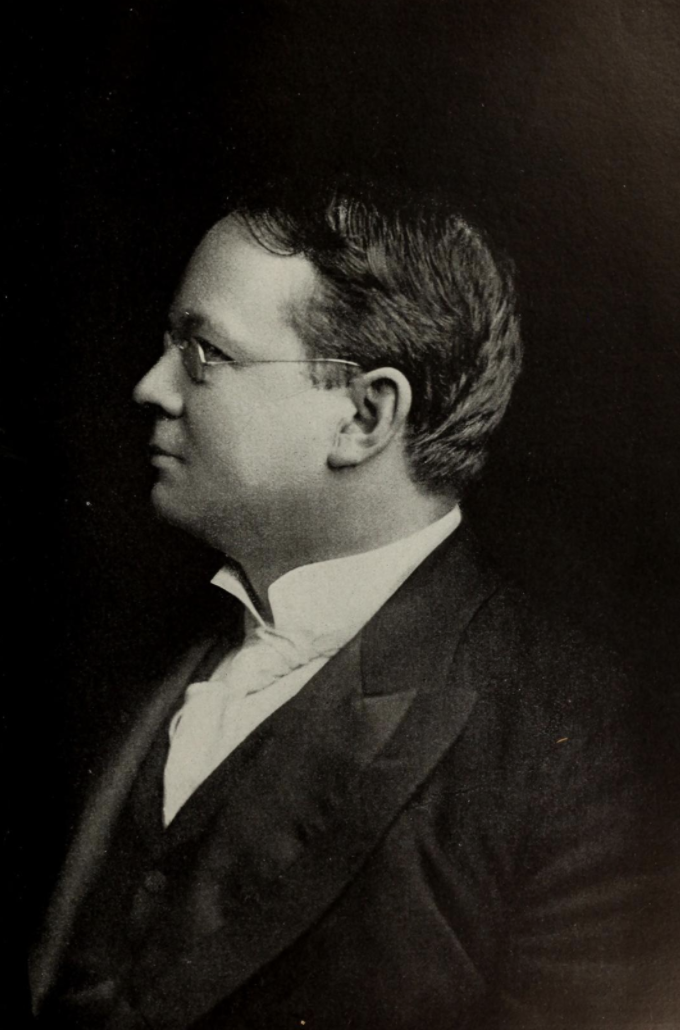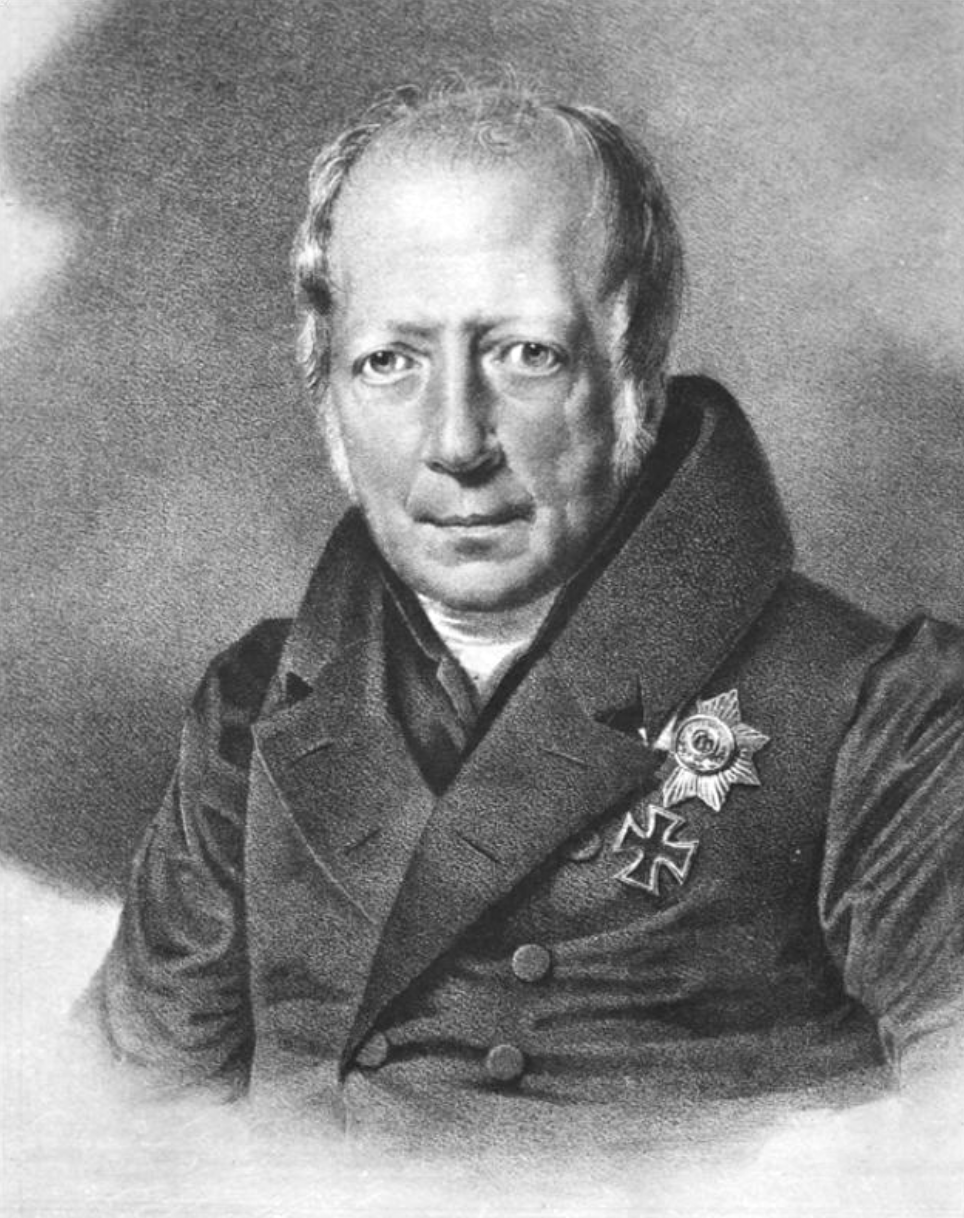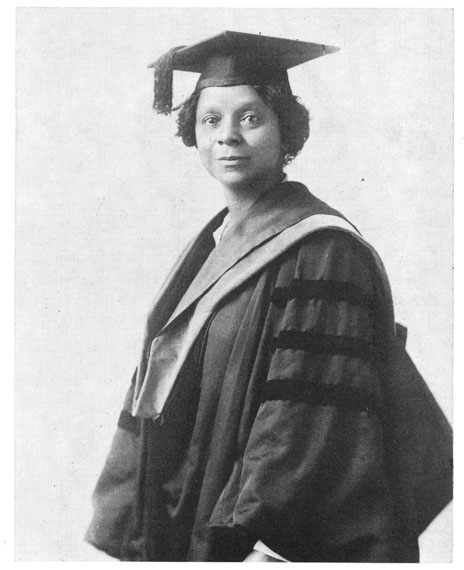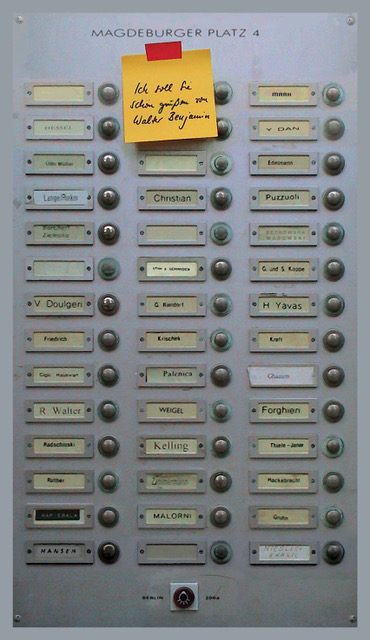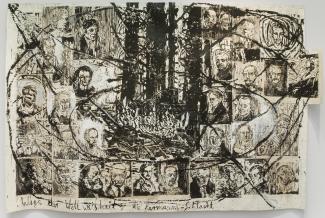
History of the Germanic Studies Department
The history of Germanic Studies at Chicago begins with the founding of the university in 1892 under the leadership of William Rainey Harper whose vision for the university was deeply informed by the model of the German research university inaugurated by Wilhelm von Humboldt. It has indeed been said that the University of Chicago continues to be one of the great German universities in the world. The “Germanness” of the university was further enhanced by the presence among its faculty of numerous émigré scholars during and after World War II, among them, Rudolph Carnap, Werner Jaeger, Paul Tillich, Hans Zeisel, Ulrich Middledorf, Bruno Bettelheim, Heinz Kohut, Franz Alexander, Leo Strauss, and Hannah Arendt.
The department remained largely within the mainstream of the discipline for most of the twentieth century, emphasizing rigorous training in Germanic linguistics and philology. The entire field underwent a series of transformations beginning in the 1970s when traditional literary canons and ways of reading were called into question across the disciplines in the humanities. One of the main results was that departments, originally conceived under the heading of “Germanic Languages and Literatures,” came to embrace the more capacious title of German or Germanic Studies, indicating an openness not only to new objects of interpretation (one thinks, for example, of film), but also to theoretical innovations that generated new modes and styles of interpretation.
Many of these innovations emerged from within the German literary, cultural, and philosophical tradition and Germanic Studies at Chicago has played a central role in deepening our understanding of those remarkably generative resources. Contemporary debates in aesthetics, for example, are largely grounded in Kantian and post-Kantian theories of aesthetic form and judgement. The nexus of German Idealism and Romanticism continues to be a major point of reference for thinking about the relation between philosophy and literature. The Marxist tradition of social, political, and literary theory including figures like Theodor Adorno and Walter Benjamin has spawned multiple waves of innovation in and outside German Studies. The ascendancy of “the New German Cinema” in the 1970s and 80s helped to secure the place of film studies in the field and inspired many to reclaim the rich history of early German cinema and film theory (Chicago’s excellent Department of Cinema and Media Studies was established largely through the tireless work of Miriam Hansen, whose research addressed, among other things, the film theory of Benjamin and Kracauer). The groundbreaking work of Friedrich Kittler is in large measure responsible for the efflorescence of media theory in German Studies and beyond. Poststructuralist theory and deconstruction emerged out of French engagements with the German philosophical tradition, above all with the work of Hegel and Heidegger. Michel Foucault’s work, which has had an enormous influence in the humanities and social sciences, would be unthinkable without Nietzsche. Recent research on the topic of political theology takes as its primary point of reference the writings of Carl Schmitt. Brecht’s innovations as a dramatist, director, and theorist continue to shape contemporary thinking about theater both within and beyond the German-speaking world. And, of course, every engagement with psychoanalysis is an engagement with Freud’s writings. The Department of Germanic Studies at Chicago has played and continues to play a leading role in the critical engagement with these and other intellectual traditions central to scholarship in the humanities and social sciences today.
Literary studies in the 21st century have productively built on the theoretical and interdisciplinary innovations developed in the final decades of the previous century. At the same time, new research possibilities have emerged: studies of the materialities of cultural production, explorations in the cognitive processes involved in literary understanding, post-critical models of literary appreciation, the analysis of intermedial relations, the study of translation and intercultural exchange. The Department of Germanic Studies has made vital contributions to these developments. Recent dissertations have explored the corporeal-material aspects of verse, the place of Einfühlung in the literature and art of modernism, the place of classical music in Nazi-era film, and the history of the fool as a dramatic figure. Seminars are inevitably keyed to current research issues and student-faculty workshops address areas of interest shared across the Arts & Humanities Division. Our shared commitment is to secure the centrality of Germanic Studies to humanistic research in the coming decades.

